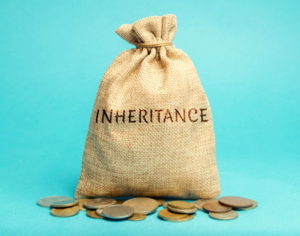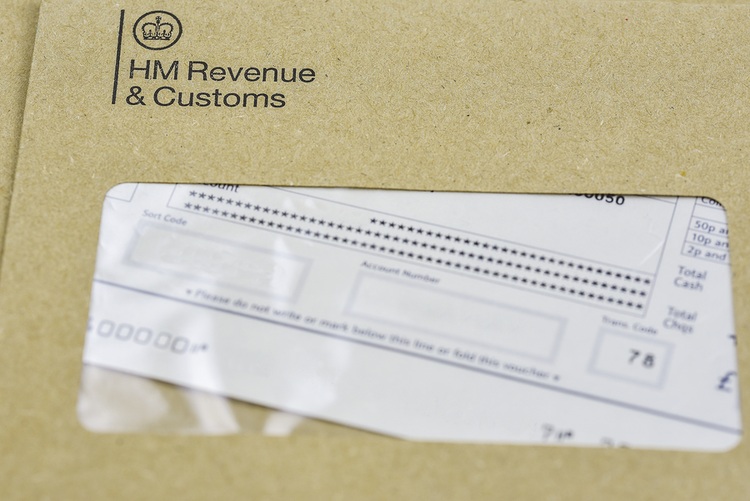 The rules around inheritance tax are annoying and, in many cases, frustrating. Having spent all of your life paying tax on money that you’re earned, presuming you’re living legally anyway, you then have to pay more tax on those earnings when you end up using your income to help out a friend or family member.
The rules around inheritance tax are annoying and, in many cases, frustrating. Having spent all of your life paying tax on money that you’re earned, presuming you’re living legally anyway, you then have to pay more tax on those earnings when you end up using your income to help out a friend or family member.
Is it the same for people that have won money via the medium of gambling, as opposed to added money to their purse through working all of their life? The answer, unsurprisingly, is yes, though at least it makes a little more sense.
Gambling winnings aren’t taxed directly in the United Kingdom. Instead, the system is set up to mean that the tax on gambling money is paid by the companies that offer you the chance to place wagers. The tax is paid at the point of consumption, getting passed on to you via the medium of lower odds and payouts.
The important thing is that the tax has been paid, though, which is why it stings a little that inheritance tax is due on it if and when you choose to pay it on to someone else. It isn’t on all money that is given away, but most of it.
How Gambling Tax Works
 Between 1960 and 2001, bettors had to pay tax at some point. They had a choice about whether to pay that tax on their stake or on their winnings, with the former being guaranteed but potentially lower than if you won a big sum and had to pay tax on it.
Between 1960 and 2001, bettors had to pay tax at some point. They had a choice about whether to pay that tax on their stake or on their winnings, with the former being guaranteed but potentially lower than if you won a big sum and had to pay tax on it.
In 2001, Gordon Brown, working as the Chancellor of the Exchequer, decided to cut this tax that punters had to pay and instead put the tax on the operators at the point of supply. This was increased from the 9% that bettors had to pay to 15%, which betting companies didn’t like.
Many of them decided to move their operations abroad, starting with BetVictor, who set up in Gibraltar because the tax they had to pay there was only 1%. In 2014, the rules changed to mean that even companies based elsewhere had to pay tax if they earned their money from British customers, with the rate increasing to 21% five years later.
Whilst there is tax paid on gambling winnings, therefore, it isn’t by the winners directly. Instead, any money gained through gambling is paid out to you without tax needing to be paid on it.
Inheritance Tax
 Though you don’t need to pay tax on gambling winnings when you receive it, that doesn’t automatically mean that no tax is due on it at any point.
Though you don’t need to pay tax on gambling winnings when you receive it, that doesn’t automatically mean that no tax is due on it at any point.
Inheritance tax is payable on any property of cash that is moved from one person to another. This includes whether the money is given to someone as a gift, or if it is paid to them as inheritance once someone dies. The only exception to this is when money is donated to charity, with all charitable giving being completely tax free. You can read about that in more detail elsewhere on this site.
The first thing to point out is that up to £3,000 can be given away on an annual basis to another person without any tax being due on it. Equally, you can give away up to £250 without needing to pay any tax on it. The difference is that inheritance tax is only due if you die within seven years of the money being paid to someone. If you give someone money and then die after seven years later, the money that you gave to them will not be liable for inheritance tax. That applied to all such moves to give away money up to a value of £325,000.
The tricky thing is that inheritance tax is due no matter how you move the money on to other people. If you were to use money that you’d won through gambling to buy a house, for example, then you would still need to pay inheritance tax on it once the value of the house has been calculated. The house or other assets will count towards the inheritance tax rules, especially if the entire estate is deemed to be worth more than £325,000. The reality is that there re very few options to avoid paying tax on winnings when you give it away.
